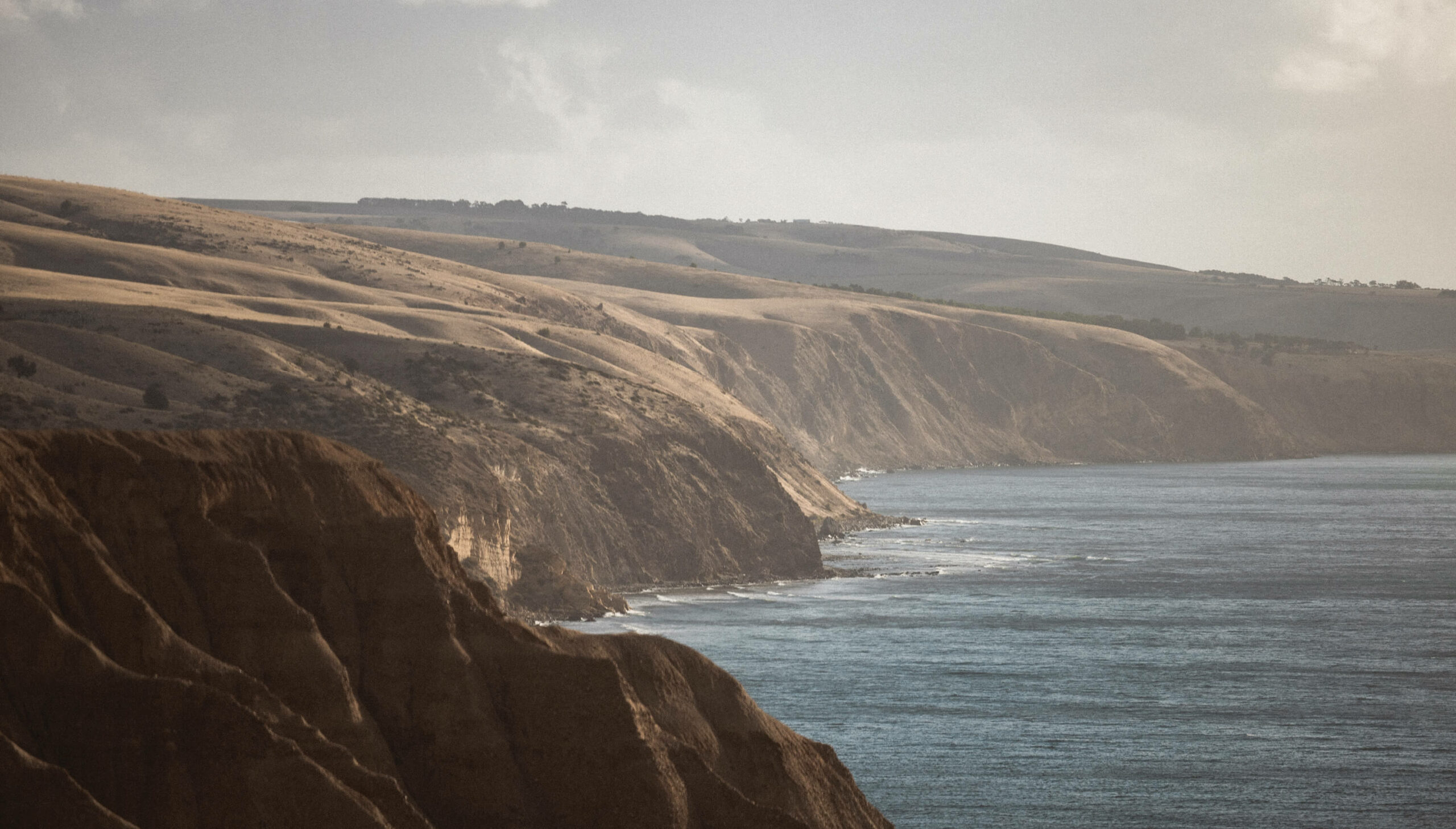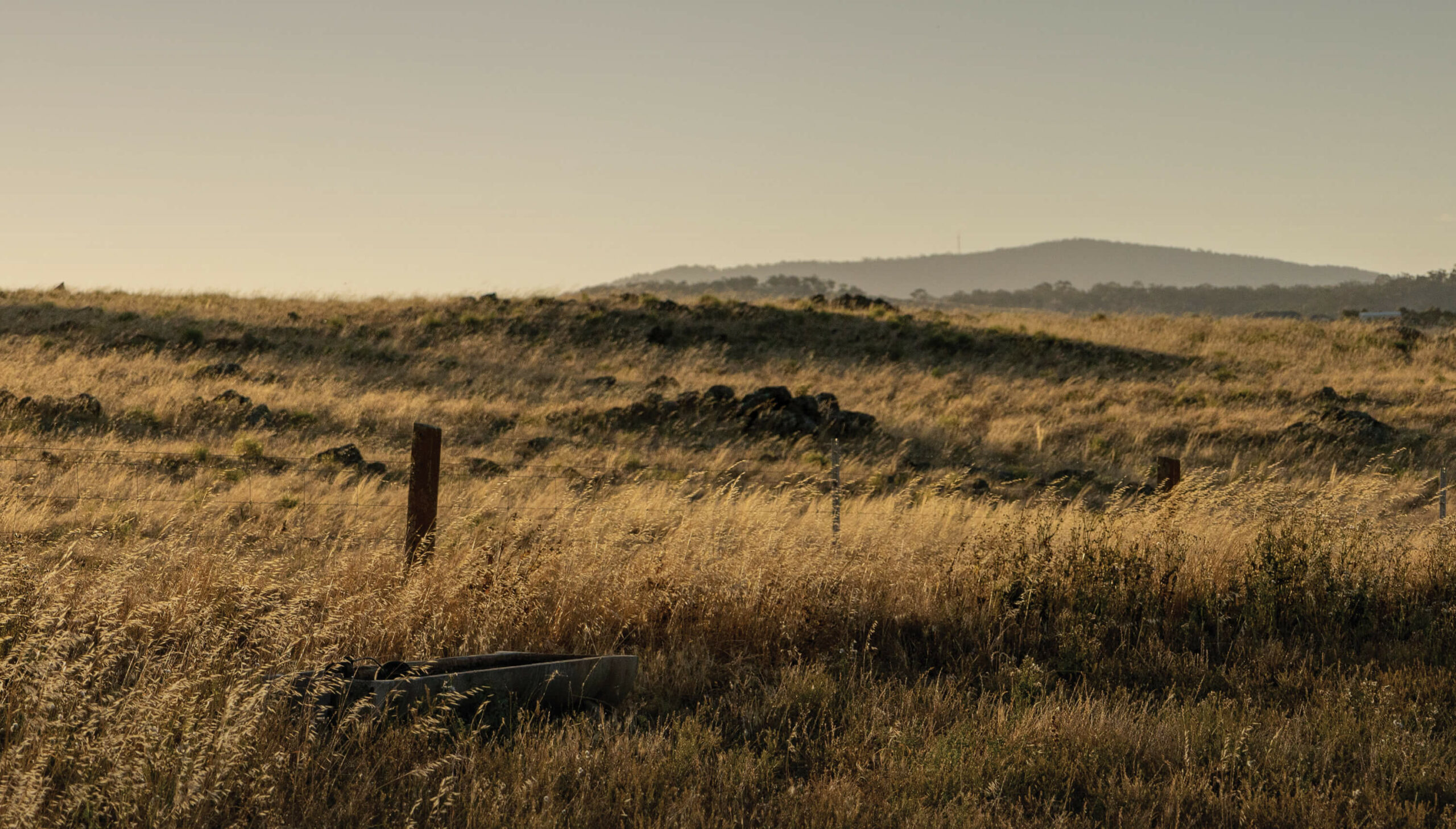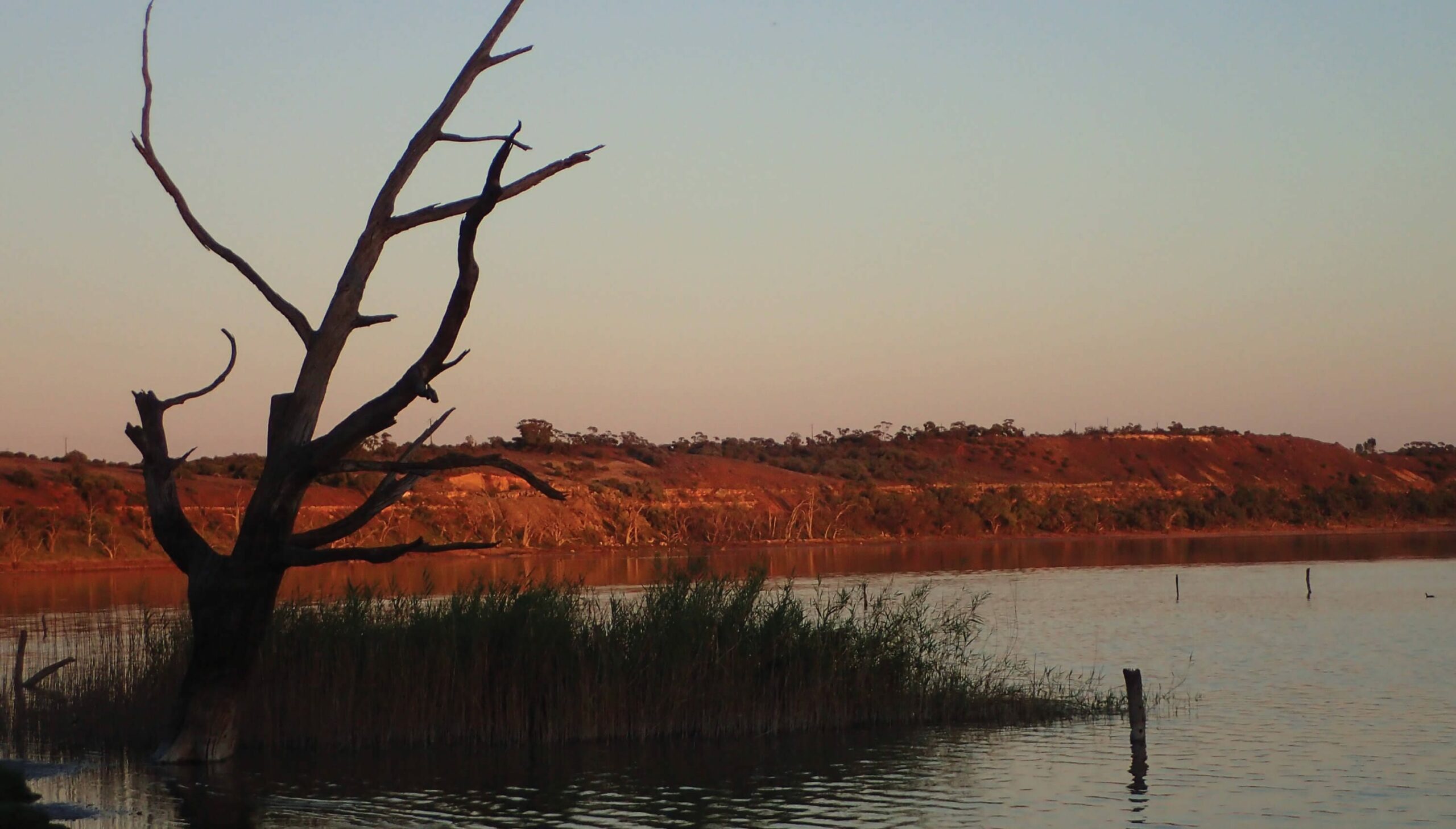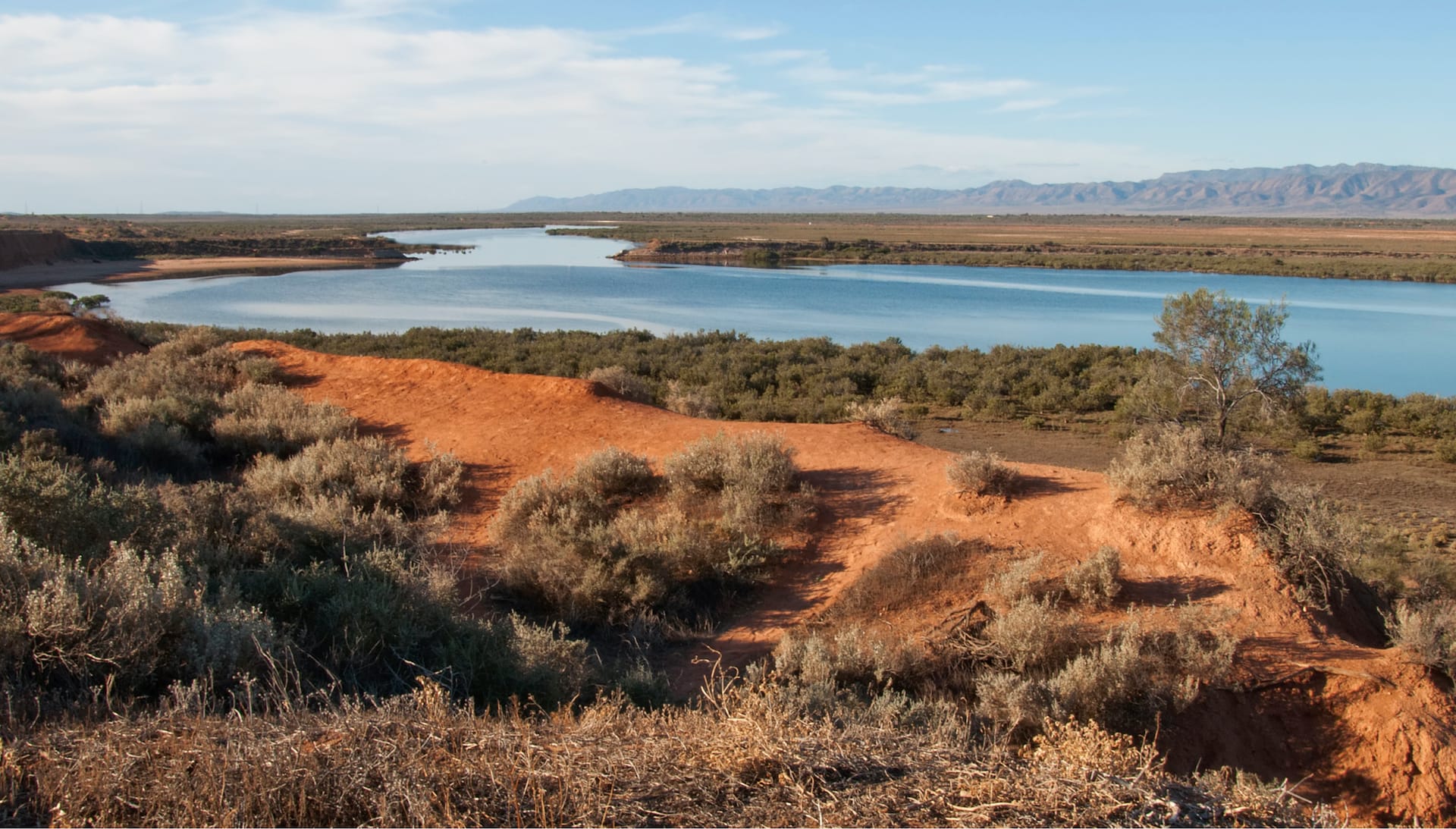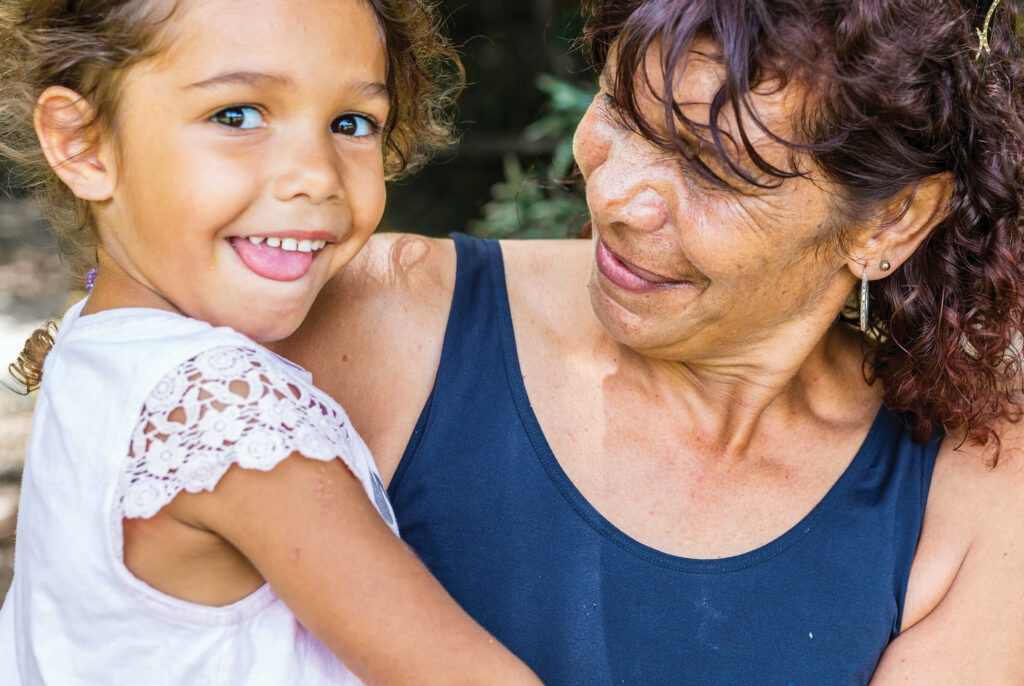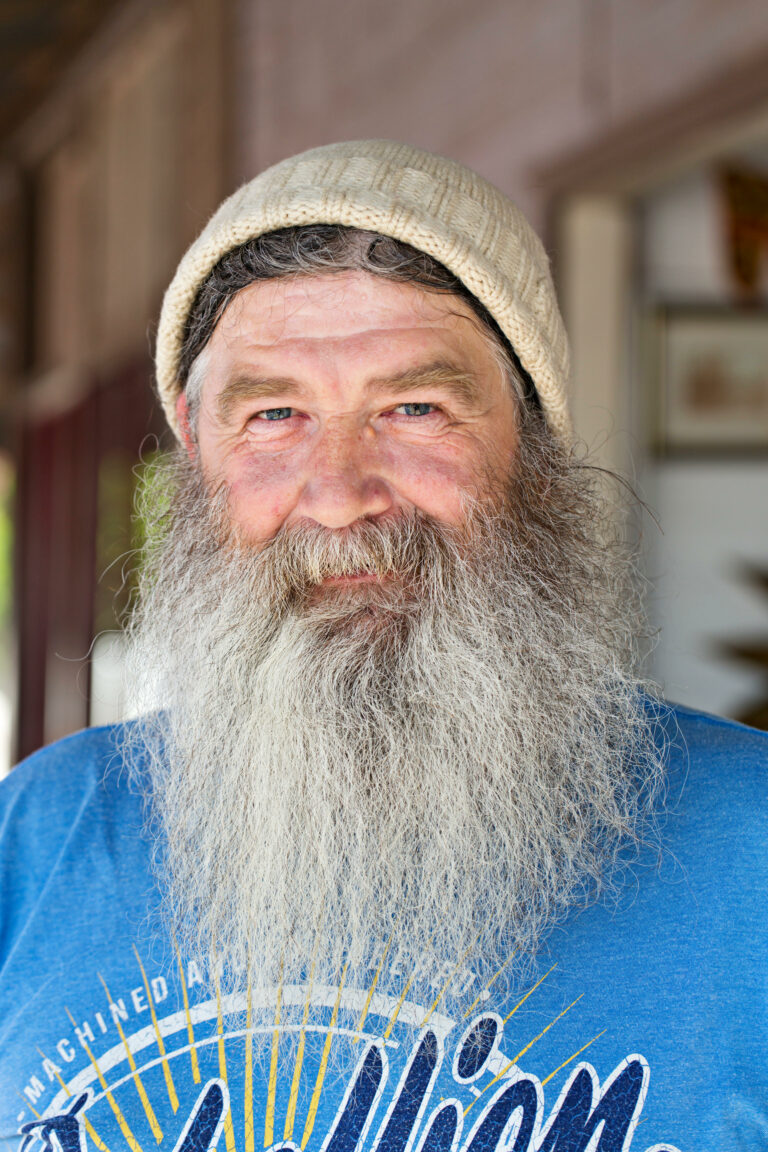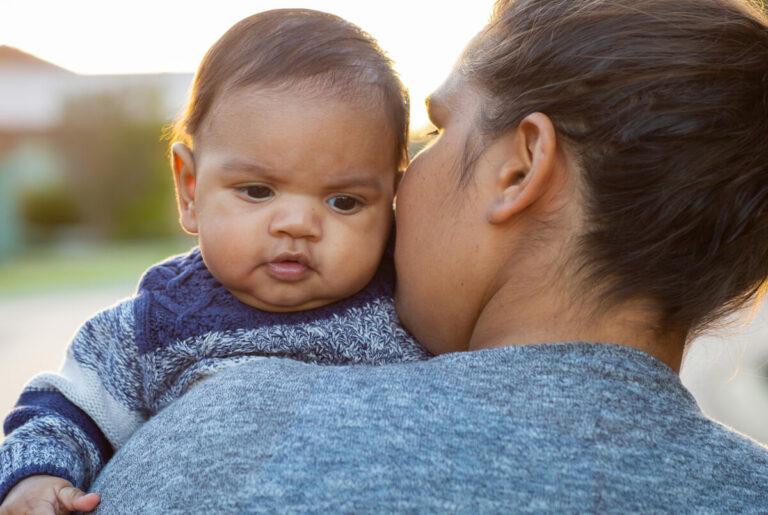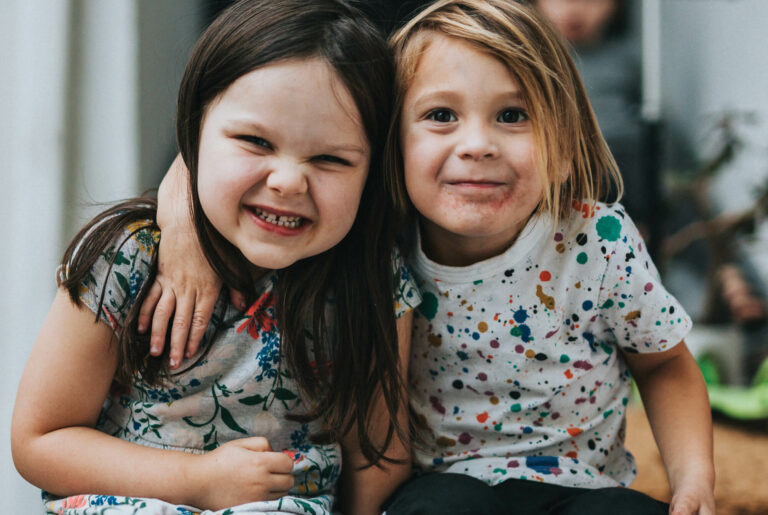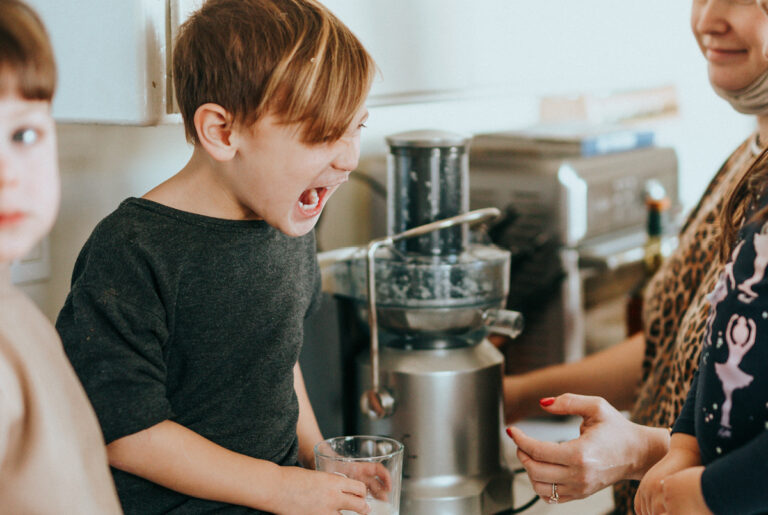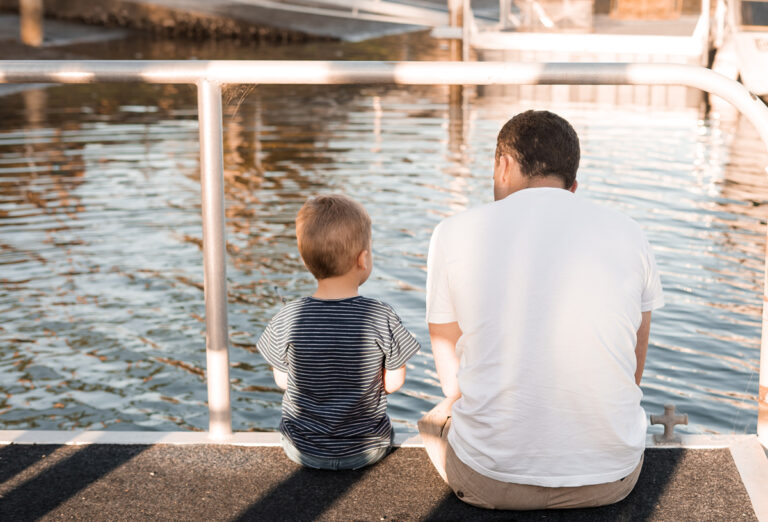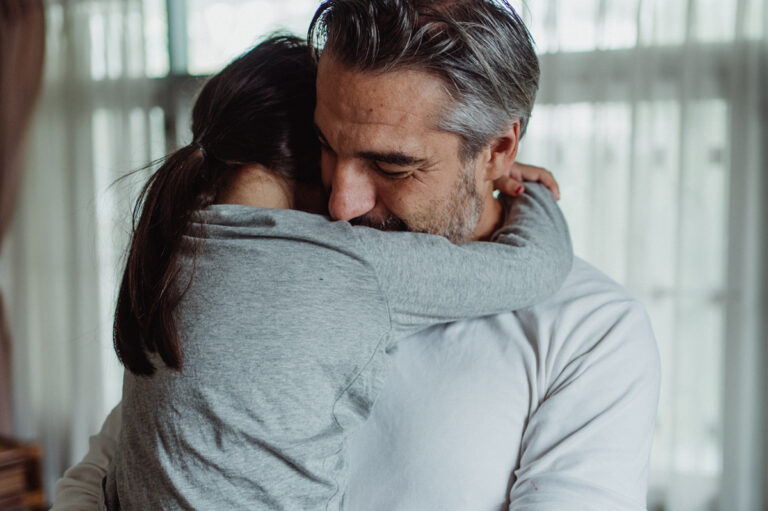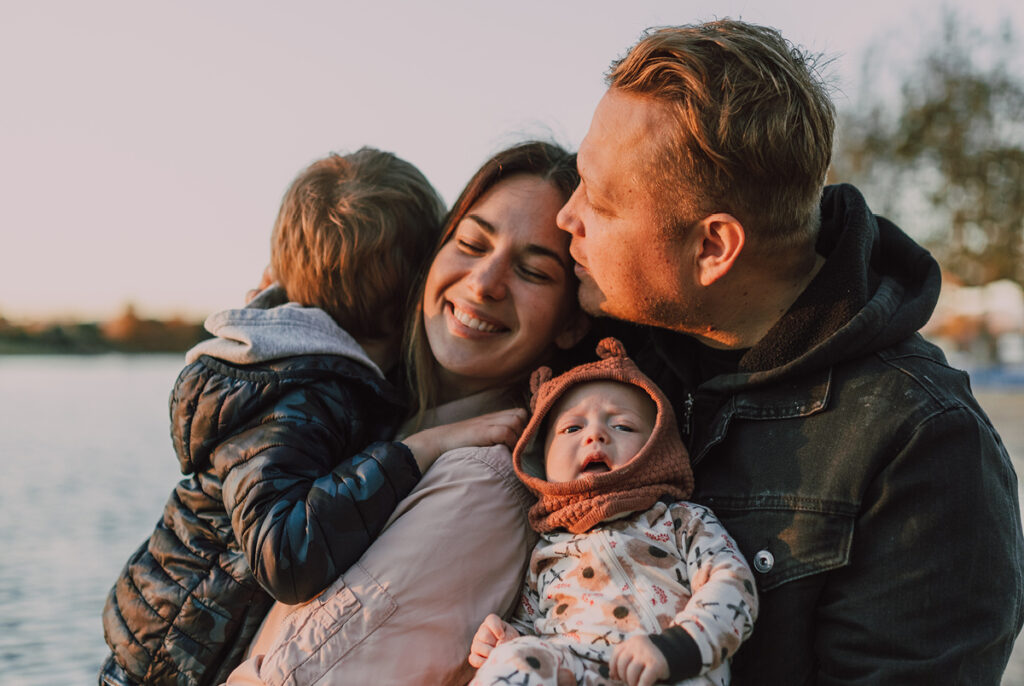Tổng quan
Nó dành cho ai
Hội nghị Nhóm Gia đình có sự tham gia của các gia đình đã được Cục Bảo vệ Trẻ em giới thiệu. Chúng tôi làm việc với cha mẹ, con cái, đại gia đình và bất kỳ người nào có liên quan khác trong vòng gia đình.
Chúng tôi trợ giúp như thế nào
Sự phối hợp độc lập và điều phối các Hội nghị Nhóm Gia đình để giúp các gia đình cùng nhau đưa ra những quyết định sáng suốt về con cái và thanh thiếu niên của họ.
những gì mong đợi
Hội nghị Nhóm Gia đình được tổ chức dưới dạng các buổi họp gia đình theo nhóm, trực tiếp. Tiếp theo là thời gian và không gian riêng tư của gia đình để đưa ra quyết định như một gia đình.
Cách chúng tôi trợ giúp:
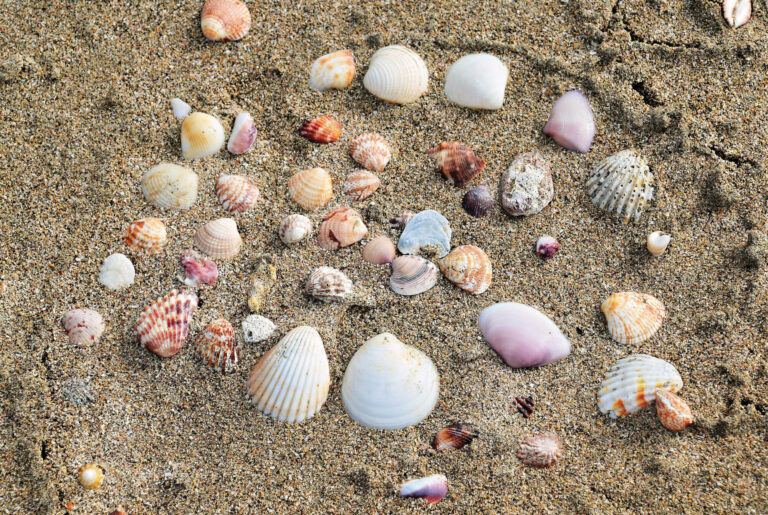
Chúng tôi đặt trẻ em vào trung tâm.
Vòng tròn là sự bảo vệ và an toàn mà ranh giới của nó giúp khuyến khích sự chia sẻ và bảo mật. Hoạt động vòng tròn cho phép chúng ta ngồi trong câu chuyện để kết nối hành động lắng nghe sâu sắc của Dadirri.
Dành cho trẻ em
Ngartuitya (nar too it yah) là một khái niệm Kaurna từ những người chủ truyền thống của vùng Đồng bằng Adelaide có nghĩa là 'dành cho Trẻ em'. Khái niệm này đánh giá cao và làm nổi bật trẻ em cũng như định hướng lại trọng tâm dành cho chúng chứ không phải không có chúng.
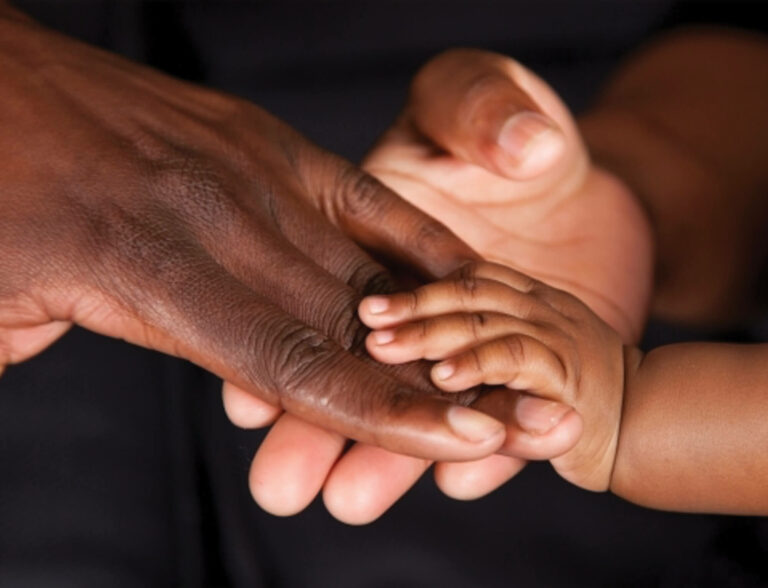
Nhóm Hội nghị Nhóm Gia đình Ngartuitya công nhận các yếu tố bảo vệ mà bản sắc văn hóa mang lại. Tất cả các gia đình có nền tảng văn hóa đa dạng sẽ được cung cấp, bất cứ khi nào có thể, một Điều phối viên Ngartuitya thích hợp có vai trò bao gồm đảm bảo rằng các quy trình của hội nghị hỗ trợ bản sắc văn hóa của gia đình và khuyến khích niềm tự hào về văn hóa.
Điều quan trọng là phải giảm thiểu sự hiện diện quá mức của trẻ em và thanh thiếu niên Thổ dân trong hệ thống bảo vệ trẻ em và Dịch vụ Hội nghị Nhóm Gia đình Ngartuitya sẽ cung cấp Điều phối viên Thổ dân bất cứ khi nào có thể và phù hợp, để đảm bảo các dịch vụ hòa nhập về mặt văn hóa, an toàn và tôn trọng các gia đình Thổ dân sống ở Nam Úc.
Các gia đình cũng có quyền lựa chọn một đại diện văn hóa để tham dự Hội nghị Nhóm Gia đình của mình.
Họp nhóm gia đình là gì?
Hội nghị Nhóm Gia đình tạo cơ hội cho trẻ em hoặc thanh thiếu niên và gia đình của họ đưa ra những quyết định sáng suốt về việc sắp xếp của riêng họ trong việc chăm sóc và bảo vệ trẻ em hoặc thanh thiếu niên đó, đồng thời tự nguyện sắp xếp việc chăm sóc phù hợp với các ưu tiên đã nêu trong Chương 2 của Đạo luật Trẻ em và Thanh thiếu niên (An toàn) 2017 (Đạo luật CYPS). Hội nghị Nhóm Gia đình cũng có thể được triệu tập để xem xét các thỏa thuận và quyết định được đưa ra tại cuộc họp trước đó.
Hội nghị Nhóm Gia đình được củng cố bởi các nguyên tắc ra quyết định do gia đình chủ trì, trong đó ghi nhận rằng:
- Gia đình là chuyên gia trong cuộc sống của chính họ.
- Gia đình tham gia vào Hội nghị Nhóm thường bao gồm trẻ em, đại gia đình của cha mẹ và thậm chí cả những người bạn và hàng xóm quan trọng của gia đình, những người có thể không thực sự có quan hệ huyết thống. Các gia đình có quyền có một đại diện văn hóa có mặt tại cuộc họp của họ.
- Các gia đình, bao gồm đại gia đình và cộng đồng, có vai trò then chốt trong việc chăm sóc và bảo vệ trẻ em và thanh thiếu niên
- Trao quyền cho các gia đình đưa ra quyết định sáng suốt về những gì tốt nhất cho trẻ em và thanh thiếu niên, mang lại lợi ích cho trẻ em và thanh thiếu niên, gia đình và cộng đồng
- Trẻ em sẽ đạt được kết quả tốt hơn khi gia đình và chính trẻ em được tham gia vào quá trình ra quyết định khi việc đó được đảm bảo an toàn
- Sự kết nối của trẻ em và thanh thiếu niên với gia đình và văn hóa của các em là rất quan trọng đối với phúc lợi và sự phát triển của các em.
Hội nghị nhóm gia đình diễn ra như thế nào?
- Đối với các gia đình tham gia Hội nghị Nhóm Gia đình Ngartuitya, họ phải được nhân viên xã hội của Bộ Bảo vệ Trẻ em (DCP) thông báo đầy đủ về những lo ngại về an toàn cho trẻ và đồng ý rằng để giảm thiểu hoặc loại bỏ những rủi ro đó để trẻ phát triển, thì cách tiếp cận toàn bộ gia đình có thể hiệu quả.
- Nhân viên xã hội của DCP sẽ giải thích mục đích của Hội nghị Nhóm Gia đình cho gia đình, bao gồm cả những người có thể tham dự hội nghị. Việc tham gia vào Hội nghị Nhóm Gia đình là tự nguyện.
- Sau khi gia đình đồng ý tham gia, họ sẽ được giới thiệu đến Dịch vụ Hội nghị Nhóm Gia đình Ngartuitya tại Relations Australia South Australia, nơi sẽ kết nối với gia đình để thảo luận về việc giới thiệu và chuẩn bị cho hội nghị. Điều này bao gồm việc phân bổ Điều phối viên Ngartuitya để hỗ trợ các thành viên trong gia đình đoàn kết lại vì lợi ích của trẻ.
- Giai đoạn chuẩn bị là một giai đoạn quan trọng vì Điều phối viên Ngartuitya làm việc chặt chẽ với gia đình để đảm bảo tất cả những người có thể đóng góp tích cực cho việc chăm sóc trẻ đều được mời tham gia hội nghị.
- Điều phối viên Ngartuitya, hợp tác với trẻ em hoặc thanh thiếu niên và phụ huynh của các em, chịu trách nhiệm quyết định ai có thể tham dự Hội nghị Nhóm Gia đình. Quyết định này dựa trên việc liệu sự tham gia của một người có đóng góp hữu ích vào việc đạt được thỏa thuận hỗ trợ phúc lợi của trẻ trong Hội nghị Nhóm Gia đình hay không.
- Điều phối viên Ngartuitya có mặt để tạo điều kiện cho cuộc họp gia đình diễn ra suôn sẻ. Nhân viên xã hội của DCP cũng sẽ có mặt.
- Thỏa thuận Gia đình sẽ cần giải quyết các mối quan ngại mà Cục Bảo vệ Trẻ em nêu ra. Thỏa thuận Gia đình phải được sự đồng ý của cha mẹ/người giám hộ, trẻ em hoặc thanh thiếu niên (nếu có mặt) và nhân viên xã hội DCP tại thời điểm hội nghị.
- Vai trò của Điều phối viên Ngartuitya là cung cấp hồ sơ bằng văn bản về tất cả các quyết định được đưa ra tại Hội nghị Nhóm Gia đình. Điều này có thể bao gồm các quyết định về sắp xếp chăm sóc, hỗ trợ và kết nối văn hóa, sắp xếp liên lạc cũng như bất kỳ hành động nào theo yêu cầu của phụ huynh/người giám hộ, các cơ quan khác và thành viên gia đình.
Nhóm Hội nghị Nhóm Gia đình Ngartuitya rất mong muốn được nghe phản hồi của bạn và mỗi người tham gia sẽ được liên hệ về trải nghiệm của họ để giúp chúng tôi hiểu điều gì đang hoạt động tốt và điều gì cần làm tốt hơn.
Để các gia đình tham gia Hội nghị Nhóm Gia đình Ngartuitya (NFGC), họ phải được nhân viên xã hội của Bộ Bảo vệ Trẻ em (DCP) thông báo đầy đủ về những lo ngại về an toàn cho trẻ và đồng ý rằng sẽ giảm thiểu hoặc loại bỏ những rủi ro đó để trẻ phát triển mạnh mẽ. , cách tiếp cận chung của cả gia đình có thể hiệu quả.
Sự tham gia của các gia đình vào Hội nghị Nhóm Gia đình là tự nguyện.
Sau khi gia đình đồng ý tham gia, họ sẽ được giới thiệu đến Dịch vụ Hội nghị Nhóm Gia đình Ngartuitya tại Relations Australia South Australia, nơi sẽ kết nối với gia đình để thảo luận về việc chuẩn bị cho hội nghị. Điều này bao gồm việc phân bổ Điều phối viên Ngartuitya để hỗ trợ các thành viên trong gia đình đoàn kết lại vì lợi ích của trẻ.
Sau khi đứa trẻ, cha mẹ và tất cả các thành viên trong gia đình đã hiểu mục đích và đồng ý tham gia NFGC, Điều phối viên Ngartuitya sẽ sắp xếp địa điểm và thời gian phù hợp để cả gia đình có thể cùng nhau thảo luận về cách họ sẽ làm việc cùng nhau với tư cách là một gia đình. để hỗ trợ con.
Vào ngày diễn ra Hội nghị Nhóm Gia đình, Điều phối viên Ngartuitya sẽ có mặt tại địa điểm và các thành viên trong gia đình sẽ tham dự. Việc này có thể diễn ra trực tiếp, qua liên kết video hoặc điện thoại hoặc Điều phối viên Ngartuitya có thể cung cấp đóng góp bằng văn bản từ những người không thể tham dự. Không gian sẽ được thiết lập để chào đón và tạo điều kiện cho cuộc thảo luận chia sẻ.
- Giới thiệu Đại hội Nhóm Gia đình Ngartuitya – Phần đầu tiên là ngồi cùng nhau như một gia đình để Điều phối viên Ngartuitya có thể đảm bảo rằng tất cả mọi người có mặt, kể cả nhân viên xã hội DCP, đều nhận thức được mục đích, vai trò và trách nhiệm của mỗi người cũng như các mối lo ngại về an toàn của trẻ cần được giải quyết một cách rõ ràng. mọi người có mặt.
- Thời gian cho gia đình – Đây là thời gian và không gian riêng tư để gia đình đưa ra quyết định về những giải pháp họ có thể cung cấp trong gia đình và cộng đồng của mình để giải quyết những mối lo ngại đã nêu ra. Điều phối viên Ngartuitya có thể hỗ trợ tạo điều kiện nếu gia đình yêu cầu. Nhân viên xã hội DCP không phải là một phần thời gian của gia đình
- Thỏa thuận gia đình (kế hoạch) – Thỏa thuận Gia đình phải nêu rõ những gì cần phải làm, ai thực hiện và khi nào những hành động này cần được thực hiện để giải quyết các mối lo ngại về an toàn và phúc lợi cho trẻ em hoặc thanh thiếu niên. Tất cả những người tham gia, bao gồm cả nhân viên xã hội của DCP – người được yêu cầu phê duyệt Thỏa thuận Gia đình, phải đồng ý với các quyết định được đưa ra, hiểu rõ vai trò và trách nhiệm của mình trong khung thời gian đã thỏa thuận tại hội nghị. Điều phối viên Ngartuitya sẽ đảm bảo rằng tất cả những người có mặt đều nhận được một bản sao thỏa thuận gia đình.
Các gia đình sẽ được Điều phối viên Ngartuitya và nhân viên xã hội DCP theo dõi trong vòng 3 tháng để xem Thỏa thuận Gia đình đang hoạt động như thế nào và hỗ trợ mọi điều chỉnh. Điều phối viên Ngartuitya sẽ kiểm tra với gia đình và có thể sắp xếp để gia đình gặp lại và tham gia vào một hội nghị khác.
Gia đình có thể yêu cầu xem xét nếu hai hoặc nhiều thành viên gia đình tham gia Hội nghị Nhóm Gia đình tin rằng điều đó là cần thiết.
Gia đình tham gia vào một nhóm Hội nghị sẽ bao gồme những đứa trẻ, cha mẹ, mở rộng gia đình và thậm chí cả những người bạn và hàng xóm quan trọng của gia đình (những người có thể không thực sự có quan hệ huyết thống) và có thể bao gồm một đại diện văn hóa.
Các gia đình, bao gồm cả đại gia đình và cộng đồng, có vai trò quan trọng trong việc chăm sóc trẻ em và thanh thiếu niên cũng như giữ an toàn cho họ.
Xác nhận tài trợ
Hội nghị Nhóm Gia đình Ngartuitya được tài trợ bởi Bộ Bảo vệ Trẻ em Nam Úc.
